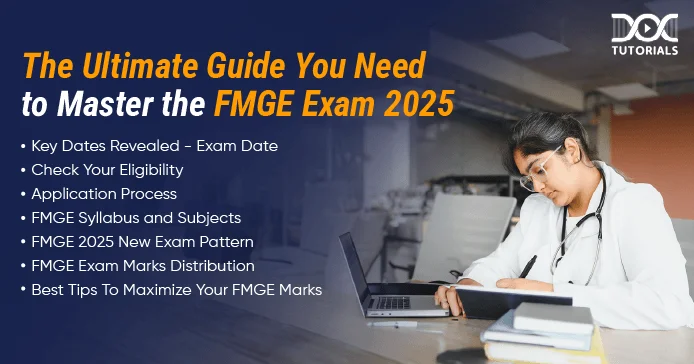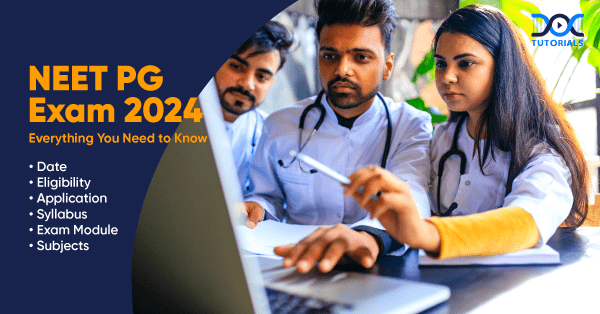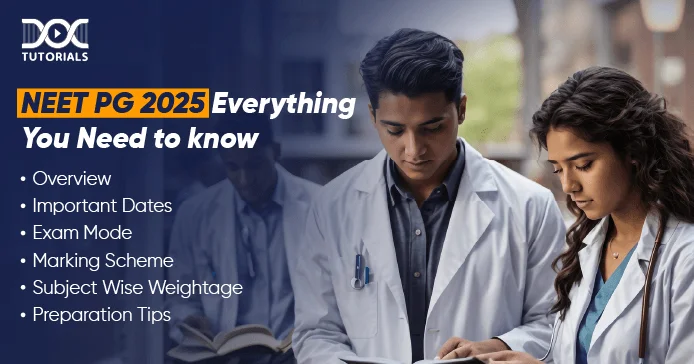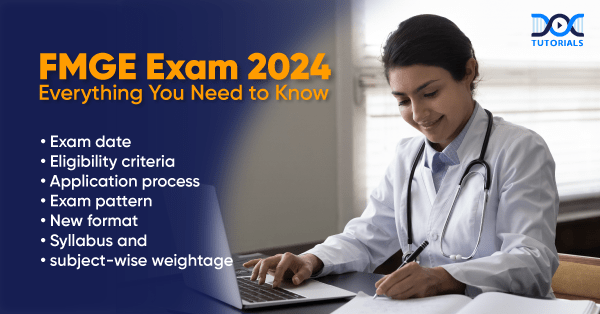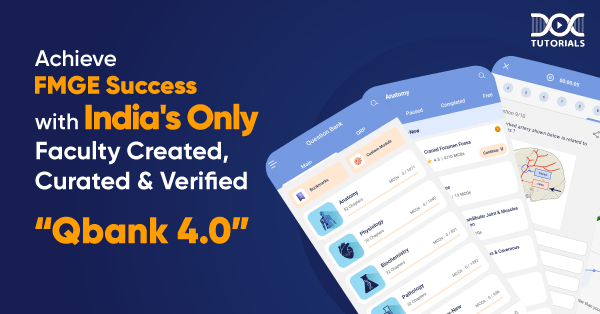
About NEET-SS Examination
- 150 Questions
- 150 Minutes
- Once in a Year
Why to choose DocTutorials free GTs? What’s special about it?
X BENEFITS.
1. Anyone Can Attend Doctutorials Grand Tests (GTs) are open to all NEET SS aspirants all over India rather than our DocTutorial subscribers alone, in order to help the stressful aspirants with precisely occurring questions as their exact NEET-SS EXAM.
2. Just B4 Exam – Appropriate Revision Plans Every GT helps the aspirants to have a thorough check on their preparation strategies. Hence by preparing for GT’s, each & every aspirant, gets a chance to execute the right preparatory plan at the right time.
3. (IBQ’S + MCQ’S)+ Detailed Explanations We are offering you a complete CONCEPT-BASED EDUCATION, where all our GT’s provide you with the most targeted Image Based Questions and Multiple Choice Questions with their respective explanations to let you know more about the answer so that you don’t need to learn it as it is for your NEET-SS EXAMINATION.
4. Updated Questions From Updated Standard Texts Even though it is always best to keep updated regularly, many books give confusing information regarding certain topics. Hence our faculties take extra care to avoid such kinds of confusing information from affecting our aspirants’ preparations and give them correct explanations & all our GTs take the latest & accurate questions from the new versions of standard books.
5. Real Exam Pattern Feeling Many reports have mentioned that candidates writing exams feels it tough just because they didn’t get to know a glimpse of its pattern and lack of time coordination. Hence we are providing all our aspirants a real exam feeling and access to exact time management as in NEET-SS EXAMINATION through GT’s. Appearing for the GTs makes them go easy with the real NEET-SS EXAMINATION without fear.
6. Most Qns In Real Neet Ss – From Our GTs Because of detailed checking with the previous year’s question patterns and regular updating of targeted topics, we help you to hit multiple 6s at a go. Hence we have got ourselves an excellent preparation to provide our aspirants an excellent coaching so that they meet our most Mcqs at real NEET-SS EXAMINATION.
7. Previous Year Questions We have seen many toppers of different exams mentioning their success with the previous year’s question paper preparations. But has anyone thought WHY IS PREVIOUS YEAR QUESTION PAPERS CONSIDERED AS A GOLDEN JET in exam preparations? It is because the previous year’s question papers are the golden key to the next level of preparation as they let us know what pattern is being maintained for every exam and helps to keep our preparations on the right track. So attack your enemy using their own method. Hence we are preparing our warriors to attack using challengers’ own criteria.
8. Improper Preparation / Excluded Topics / No Time To Prepare – Solution To All, In GTs It is not easy for medicos to have free time and it’s hard for them to find a proper time for their preparations apart from their practicing time. In these situations, GTs have helped many of our aspirants to get a good rank as they cover the most important questions from the targeted topics.
9. Doctutorial Grand Test Interface = Neet Ss Interface In order to familiarise you with the exam environment and to relieve stress, we use the same pattern of NEET-SS EXAMINATION for aspirants with our GT’s.
10. Have Your Preparation Reached Up To Your Expectations? -Analyse Through Our Leaderboards. Analyzing your failure is more important than success. Success gives you a sense of fulfillment. But failures teach you how to overcome the steps leading to failure. And that you can analyze through our leaderboards.
* We have updated surgical and medical group grand tests according to the changes made by NEET-SS examinations
Latest Blogs
-
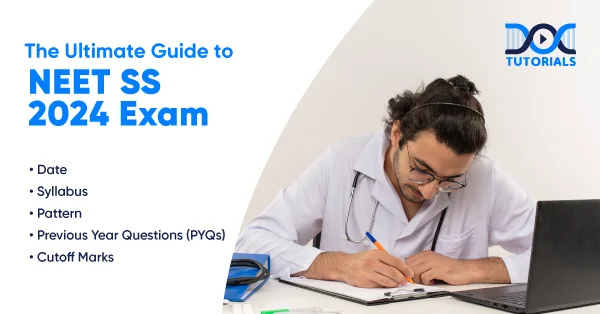
NEET SS 2024 Exam Date, Syllabus, Pattern, PYQs, and Cutoff Marks
The NEET Superspeciality [NEET SS] exam is a computer-based examination that is very important for medical graduates pursuing super-specialty courses…
-

Benefits of Attending Free GT’S for NEET-SS from DocTutorial’s
About NEET-SS Examination Why to choose DocTutorials free GTs? What’s special about it? X BENEFITS. 1. Anyone Can Attend Doctutorials Grand…
-

Coaching In Medical Education Enhanced By DocTutorial’s App V 4.0.1
Students who enroll with medical entrance exam coaching centers often evaluate their choice of institutes based on two factors. They…
 Back
Back

